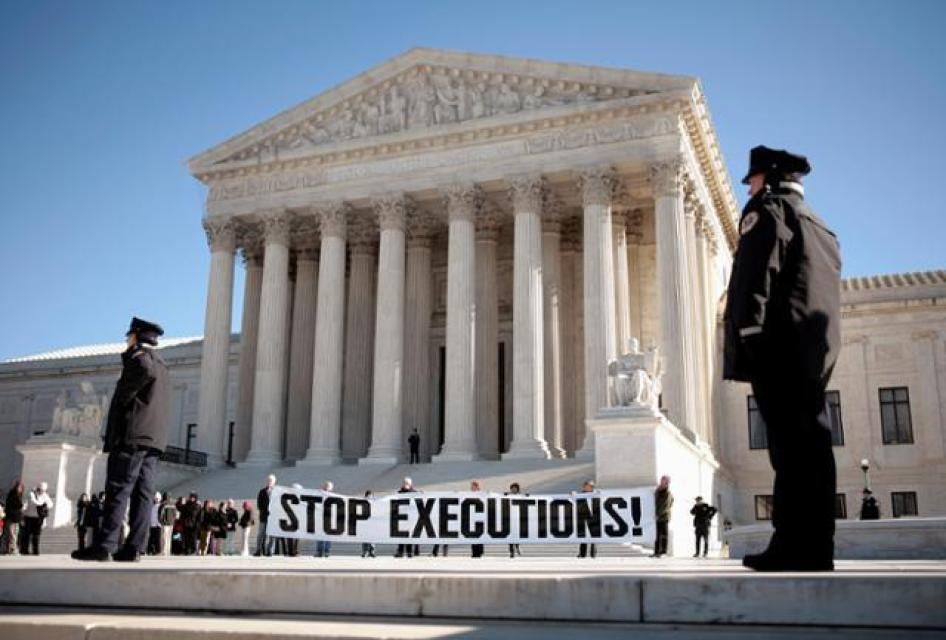The Alabama Supreme Court set an execution date last week for Doyle Lee Hamm, a 61-year-old terminally ill inmate who has cranial and lymphatic cancer. He has been on death row for 30 years. The date was set for February 22.
In response, counsel for Hamm filed a civil rights complaint with the federal court in Birmingham, Alabama. The complaint states that execution by lethal injection would constitute cruel and unusual punishment in violation of Hamm’s Eighth Amendment rights due to his unique and serious medical conditions that have left his veins “severely comprised.”
Hamm was found guilty of murdering motel clerk Patrick Cunningham during a robbery in 1987. He was condemned to death by means of Alabama’s electric chair, dubbed “Yellow Mama,” which the state ceased using in 2002. Appeals by his counsel have stopped Hamm from being executed for decades.
In late September, a medical expert evaluated Hamm’s capacity for execution by lethal injection. The doctor who examined Hamm found only one “potentially accessible” vein on Hamm’s right hand. Use of that vein “would have a high chance of rupturing the vein and being unsuccessful,” and failure of corrections staff to properly administer the drugs could “cause Mr. Hamm to become paralyzed and consciously suffocate,” which would be “an agonizing death.”
Alabama is one of 31 US states that impose the death penalty on people. So far in 2017, 23 people in eight states have been executed, all by lethal injection. Several US states use controversial, experimental drug combinations and refuse to disclose their composition. Data from the death penalty center shows that seven percent of lethal injections in the US between 1990 and 2010 were botched.
Human Rights Watch opposes capital punishment in all circumstances and has long called for the US to abolish the death penalty. In 2006, Human Rights Watch concluded that state negligence in the administration of lethal injections can cause agonizing, painful deaths. The death penalty is an attack on human dignity, and is unique in its cruel finality.
Alabama should not execute Hamm, who may suffer an “agonizing, bloody, and painful death.” The cruelty of such a death speaks for itself.










